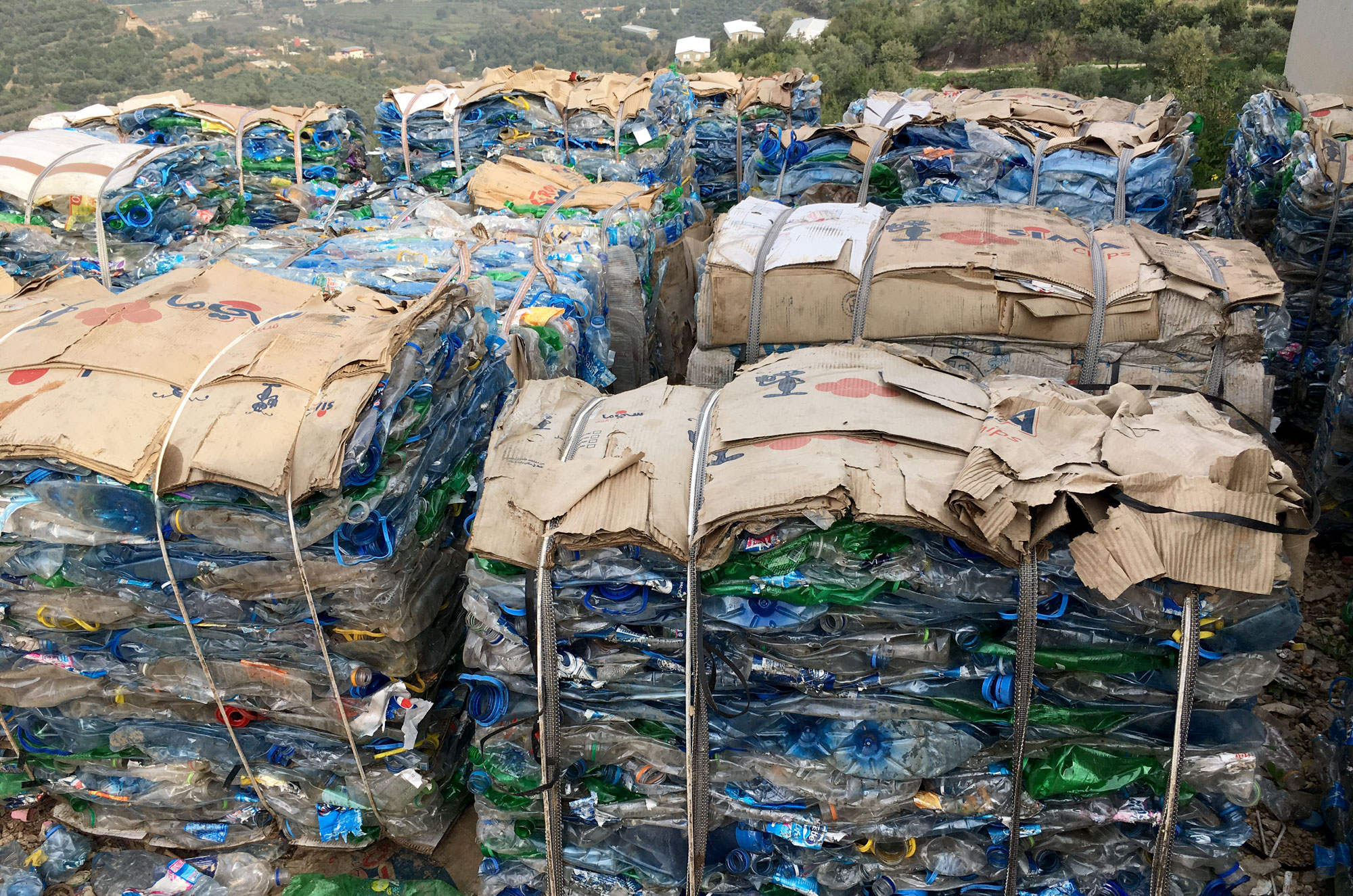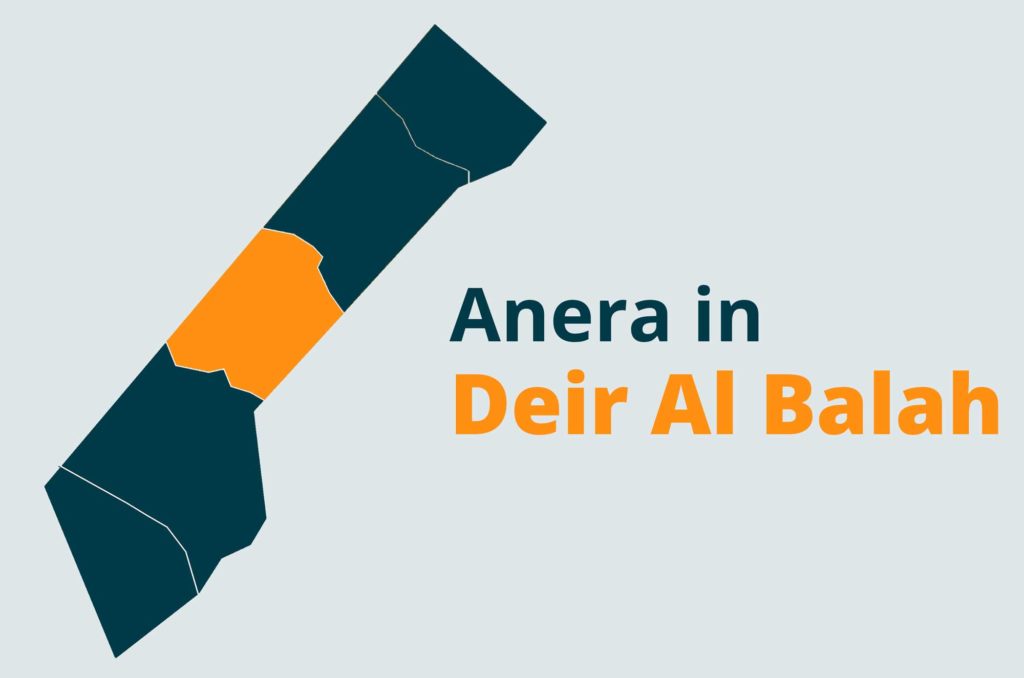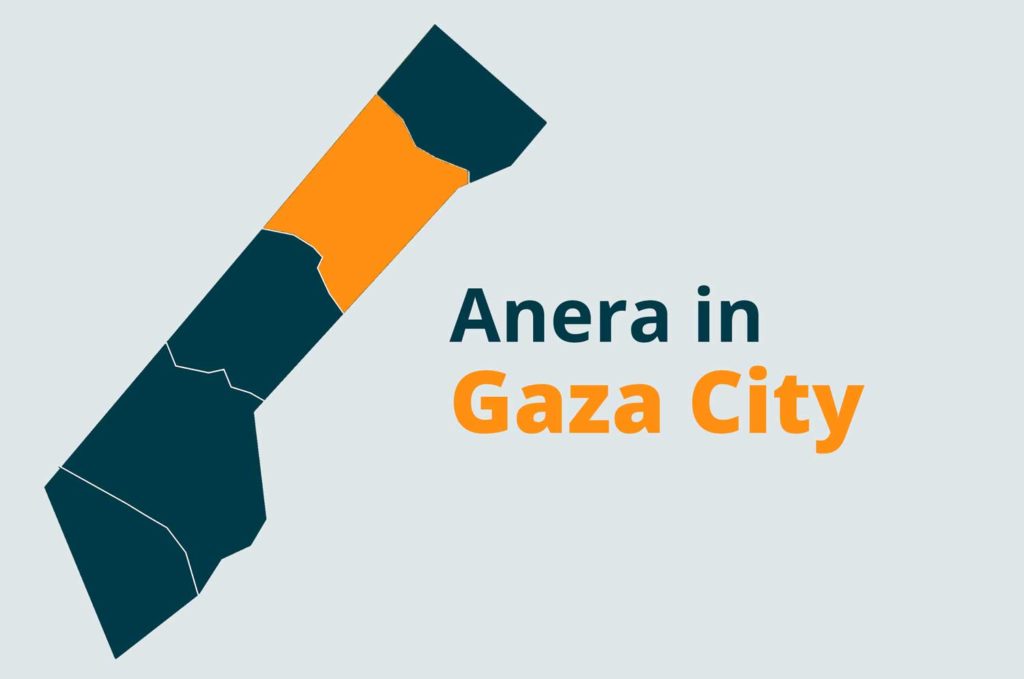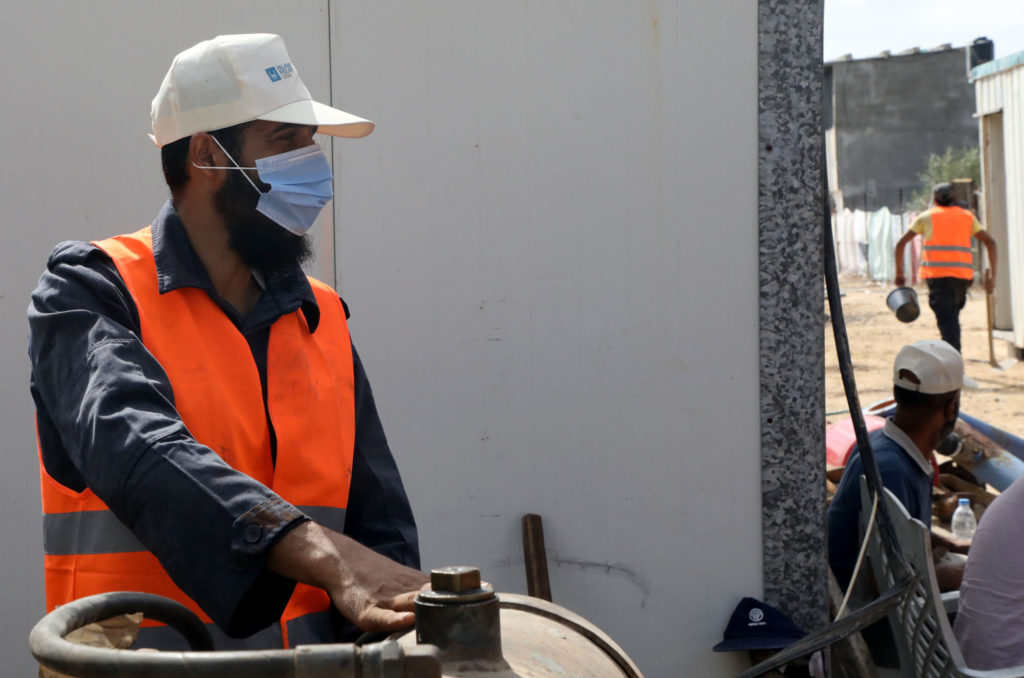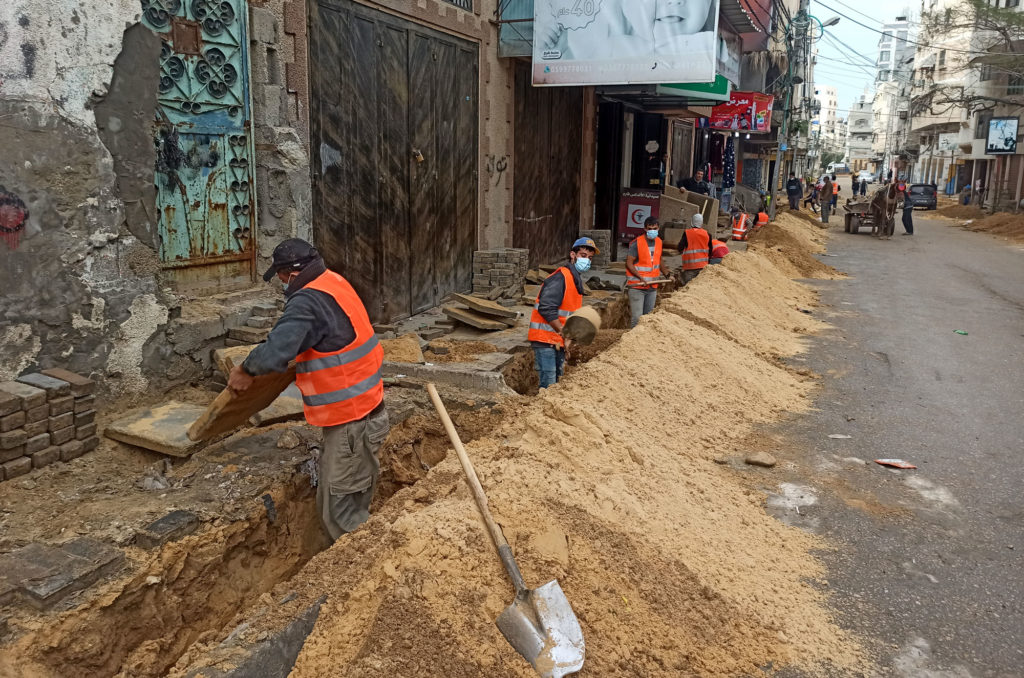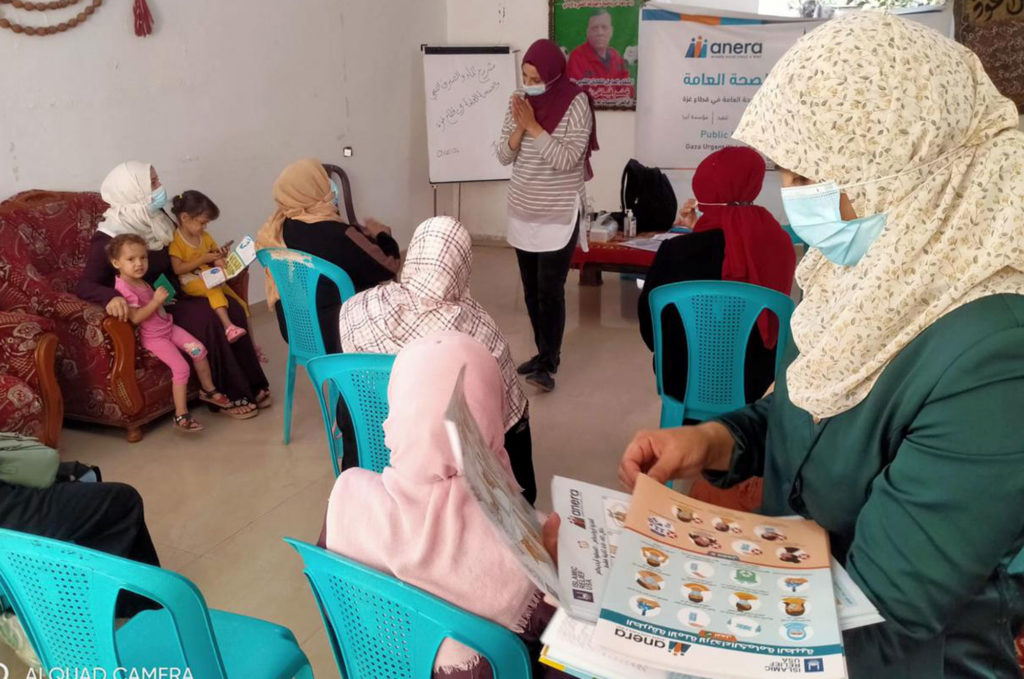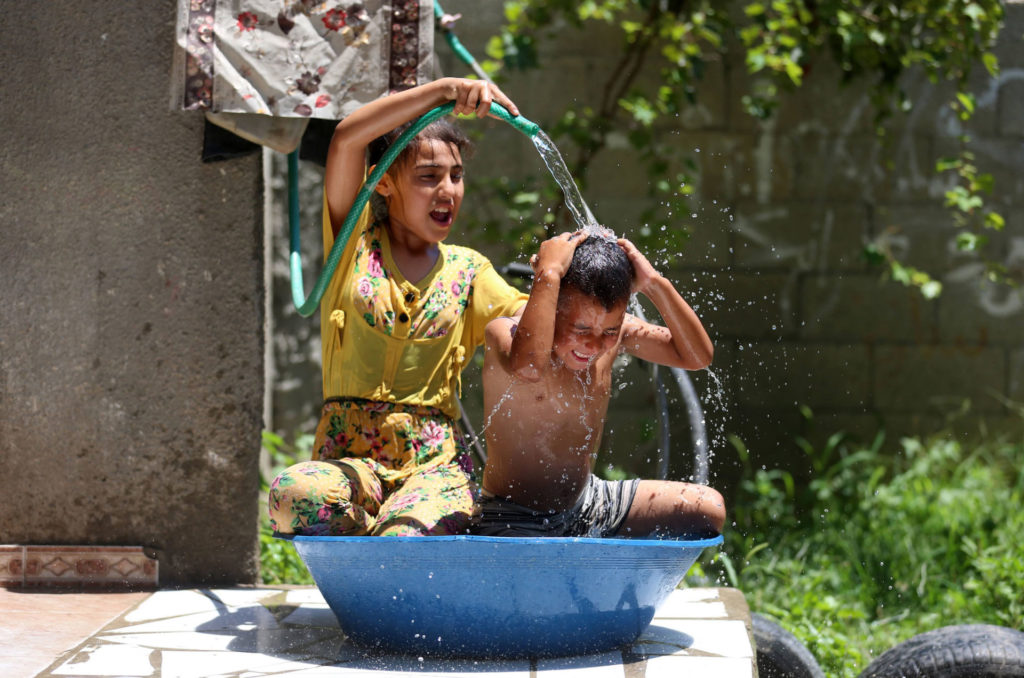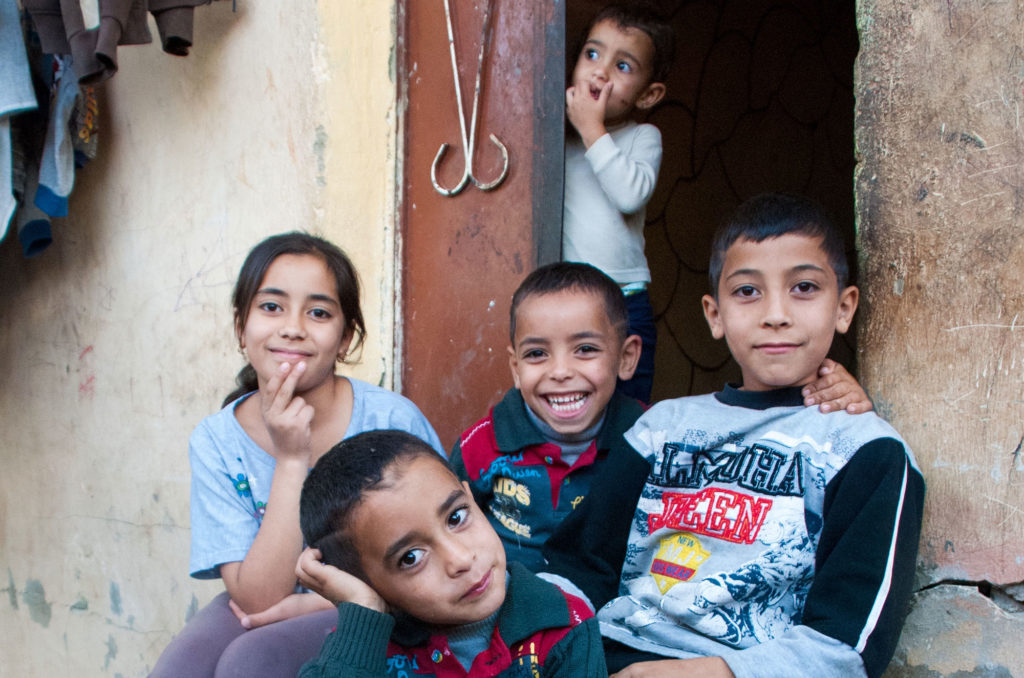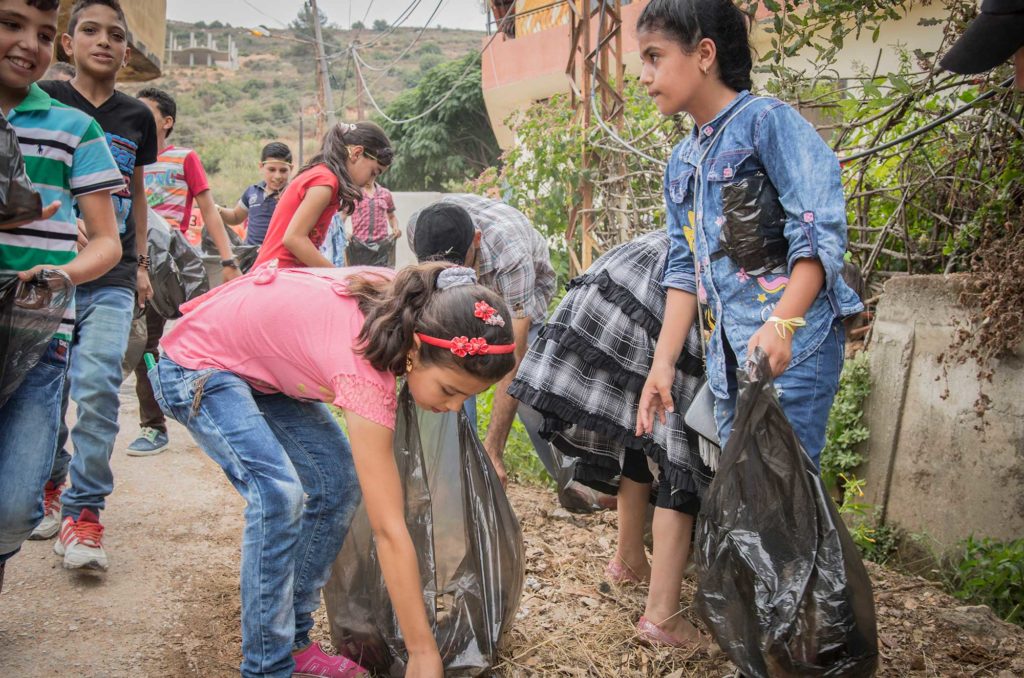Overflowing Sewage and Waste
From polluted beaches and sewage flooding during storms in Gaza to the garbage crisis in Lebanon, a lack of working sewage and sanitation systems poses a dangerous threat to the health of families and the environment.
During the winter in Gaza, septic tanks overflow as sewage mixes with rain, flooding streets and homes. And in the summer, the rancid smell attracts flies and keeps kids from playing outside and mothers from opening their windows in a place where people have no air conditioning. Infection is common due to the pollution. In fact, 26% of diseases in Gaza are related to dirty water with children being the most affected. These challenges are made more difficult because of the lack of adequate drainage and sewage infrastructure throughout Gaza and the West Bank.
In Lebanon, chronic disease is on the rise across the country and especially in refugee camps as heaps of garbage grow due to the economic crisis and collapse of the sanitation sector. Piles of garbage fill public lands and many local communities are forced to resort to burning their trash in toxic open burn pits.
Responding to Flooding, Sewage and Sanitation in Palestine
In Gaza and the West Bank, Anera engineers design and implement sewage systems, waste treatment facilities and storm drainage networks to keep families healthy and neighborhoods clean.
Across Palestine, we connect homes and communities to public sanitation networks and make sure schools and health centers are equipped with clean toilets and washrooms.
Anera’s latest infrastructure improvements were designed to prevent flooding and improve stormwater gullies, wastewater networks, water pumps and water desalination facilities.
In the early 2020s, Anera’s teams of engineers and contracted workers installed new stormwater infrastructure in the Beit Hanoun and Gaza City area of northern Gaza. The new drainage systems prevent dangerous and costly flooding that often happens in the winter. 100 families (564 residents) in Beit Hanoun and at least 100,000 families in Gaza City benefit from the installations. Anera also installed sewage and water infrastructure in Zeitoun, Gaza to end years of flooding as well as connect homes to water for the first time. In conjunction with the infrastructure improvements, Anera conducted twelve public health awareness sessions on water-borne diseases and delivered hygiene kits.
In West Bank towns, we have connected hundreds of families to sewage networks for the first time. Instead of spending their modest incomes on emptying cesspits, Palestinian families are now able to invest that extra income in educating their children or growing their farms. Women who once spent hours every day cleaning their flooding homes now have time to spend with their families, relax or work outside the home.
Responding to Lebanon’s Garbage Crisis and Improving Refugee Camp Sanitation
Anera has developed a community-led approach to address the trash crisis in Lebanon as well as provide local jobs in an emerging sanitation sector.
In Palestinian refugee camps and in other vulnerable communities throughout Lebanon, we spearheaded a community-based intervention in which youths took the lead. Through cleaning and recycling campaigns, training for sanitation staff and the construction of three new waste sorting facilities, Anera helped create a cleaner environment.
Youth-led campaigns educating the public about sorting recyclable materials at home and the distribution of municipal recycling bins are just some of the ways we have responded. The creation of new jobs in sanitation has also been the result of Anera’s construction of waste infrastructure and systems.
